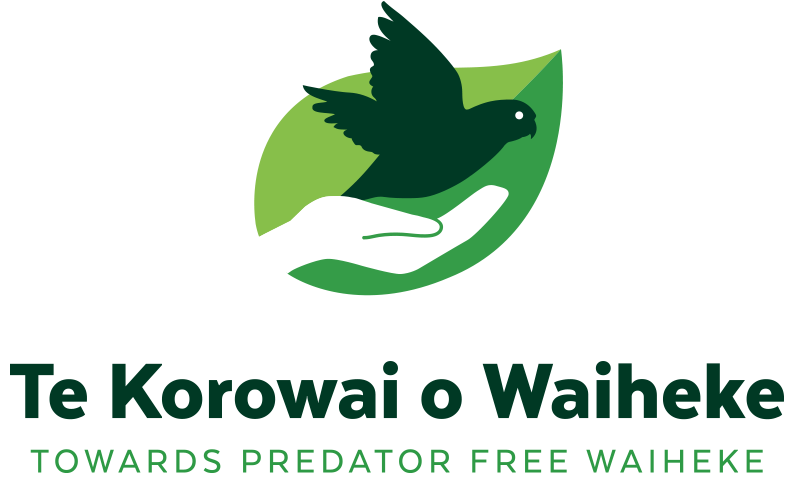How to help birds through the seasons — summer
Encouraging and supporting birdlife in your backyard is easier than you may think. By taking a few easy steps to create a safe space with access to food and water, you can welcome feathered friends to your garden sanctuary throughout the year. This series looks at bird behaviour through the seasons and how to support them during each one.
Summer
Now that many birds have fledged their young, summer is the time to eat, drink and socialise. While these might seem like basic survival needs for birds, the intense heat and human activity of the coming months pose some unique challenges for these simple but crucial tasks.
Looking for water
Much like the rest of the rainwater dependant island, a key concern for birds in summer is water. With the summer heat upon us, many natural water sources dry up, leaving birds desperate for reliable freshwater. Birdbaths can be a wonderful way to help and care for the avian populations in your backyard, not to mention the sensational viewing opportunities. But there are a few things to consider before installing one in your backyard.
Karen Saunders from Native Bird Rescue says the most important thing when installing a water source on your property is understanding the responsibility you have to the wildlife you're providing it for.
"They (the birds) will come to rely on the water source. If you forget to fill it or go on holiday and the baths run dry, birds will suffer as a result. If you're going away, get a neighbour or a friend to maintain it while you're gone," says Karen.
In the summer it's important to keep it really clean says Karen. "If you're not maintaining the water quality and keeping it topped up, it's a haven for bacteria that will spread easily to birds."
Build washing and refilling the birdbath into your morning routine. Splash old water on your garden so it's not wasted and refill it fresh each day.
"Sugar water for me is also a no as they spread disease," says Karen. "If you have a drip feeder that has avian pox, it will pass on to all the other birds feeding from that same place”
Having a concentrated supply of sugar water will attract all kinds of birds and some of them simply can't process it says Karen. "Kereru drink it and can't digest it, so they vomit it back up. All their electrolytes are thrown out of whack and that mixed with hot summer days can be really harmful.
"Smaller birds will bathe in it, not knowing that the sweetness will stay in their feathers, and they'll be covered in ants when they wake the following morning."
In terms of what to make your birdbath out of, Karen suggests staying away from porous materials such a rough concrete, but it doesn't need to be top of the line either. Pot plant bases and shallow serving dishes are fine or nip down to the local op shop and pick up an old heavy-duty crockpot.
Different birds will be attracted to different feeders. Ones that are 1 – ½ inches deep will bring in the smaller birds to drink and bathe, even bees will stop by for a drink. For bigger birds, up to 5 inches is fine as long as there is a sturdy perch. Why not have a few in your garden and see what works?
Here are Karens top tips when installing a birdbath or drinking station
Height. Install birdbaths at shoulder height at least to keep birds safe from predators. Hanging it with a chain from a tree or rafters is an easy way to achieve this.
Consider materials, if it's going to be out in the sun make sure it's made from a material that won't burn the feet of the bird. Ceramic is best, stainless steel is far too hot.
Keep it clean. Warmer water nourishes bacteria and the best way to keep birds safe from harmful bacteria is to change the water daily.
Avoid sugar water.
Safe food sources
If you love the ke-ke-ke-ke-ke of a kingfisher in your backyard there is one key thing you can do to take care of them and other insect devouring birds. In the lead up to the holiday season, many homeowners, batch renters and businesses clear out cobwebs from around the house exterior for the festive season. While this gives homes a nice fresh feel, if insecticides are used to remove those cobwebs, insect-eating birds such pīwakawaka (fantail), riroriro (grey warbler), tauhou (silvereyes) and kōtare (kingfisher) can be fatally harmed in what's called secondary poisoning.
Karen remembers one season receiving 5 kingfishers to her clinic over just 2 days.
"After properties were sprayed, the kingfishers had come in to eat all the slow insects and had subsequently become poisoned," she says. "In those circumstances, the general rule is the solution to pollution is dilution and while some pull through, many don't."
Kingfisher by Geoff Moon, sourced from NZ Geographic
A more feather-friendly way to remove insects from the exterior of your home is by water blasting instead. There are a number of friendly water blasting companies on the island, or they are available for rent from the Waiheke Hire Centre.
Furthermore, remember that leaf litter pile we spoke about in the Springtime article? Over the summer pour your dishwater over it to create a juicy place for insects to thrive giving insect-eating birds a full buffet all season long.
Summer is the time to eat, drink and be merry. With food and water taken care of, sit back and watch the birds socialise with ease.



